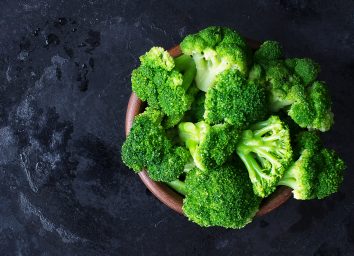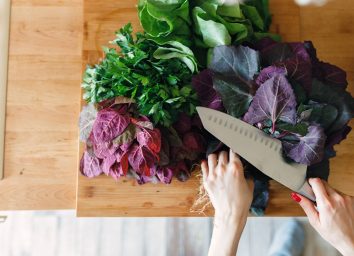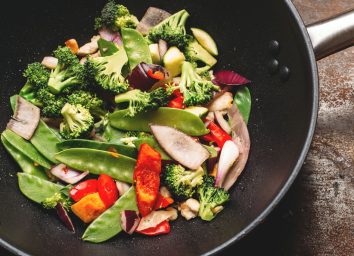Secret Effects of Eating Green Beans, Says Science
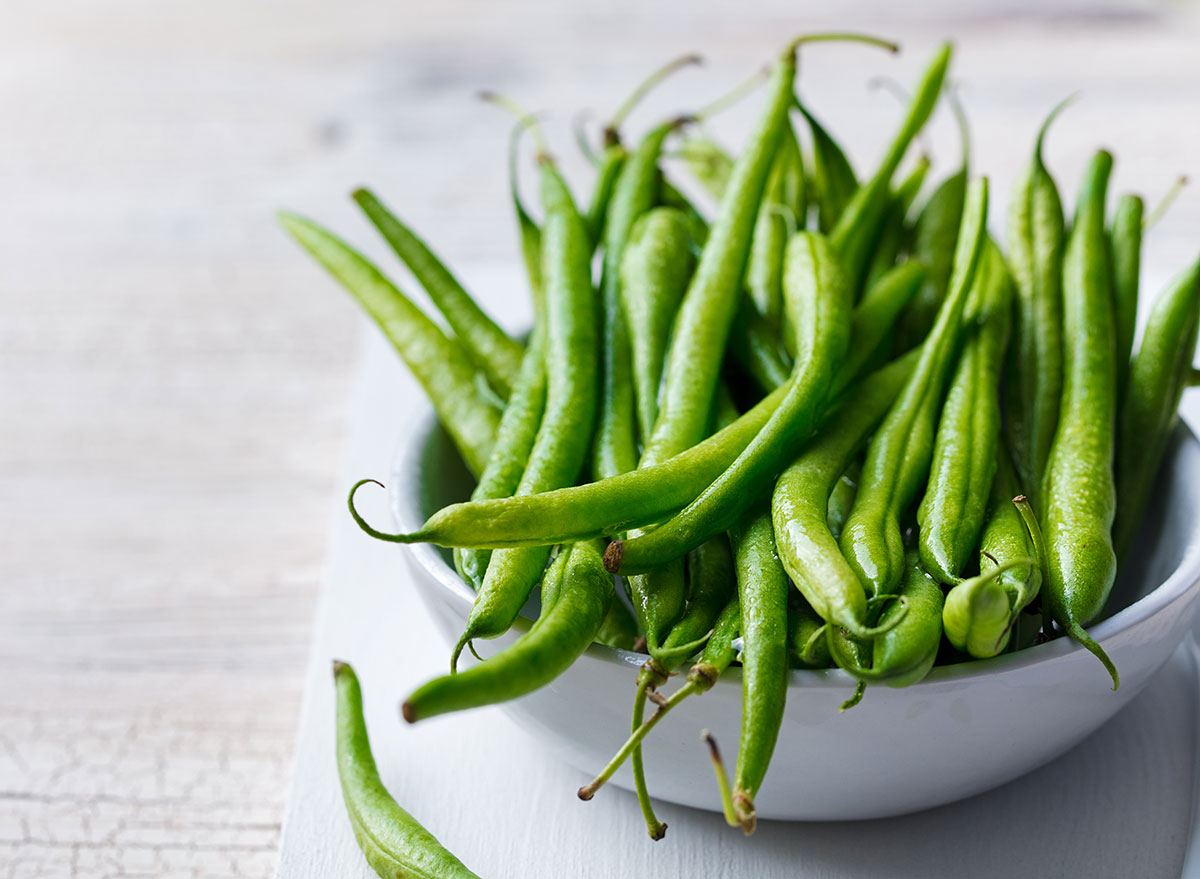
If you are a green bean lover, then you are in good company. Whether you call them string beans, snap beans, or classic green beans, these veggies are one of the most popular veggies to eat in the US.—the 4th most popular vegetable overall if you want to get specific.
Enjoyed in a green bean casserole during Thanksgiving time, sauteed with extra-virgin olive oil and garlic on a busy weeknight, or simply noshed on raw, these yummy veggies are incredibly versatile and economical to boot.
And when it comes to nutrition, these veggies are no slouch. From vitamin C to iron to heart-healthy magnesium, green beans are definitely considered a nutritional powerhouse.
When you enjoy green beans, here are some health effects that you may experience. Read on, and for more on how to eat healthy, don’t miss 7 Healthiest Foods to Eat Right Now.
You may have healthy bowel movements.
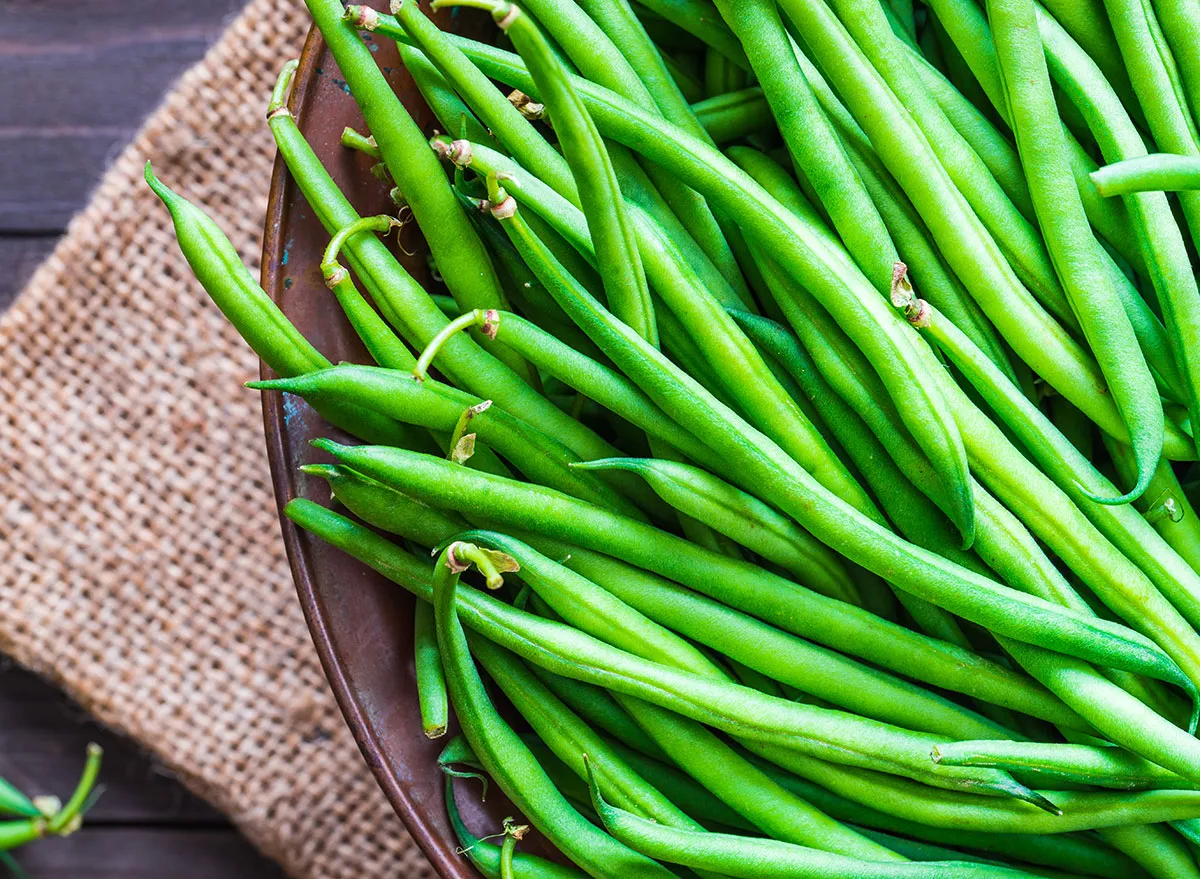
Fiber and healthy bowel movements go hand-in-hand, as eating enough dietary fiber can help keep bowel movements regular and healthy. One cup of green beans contains 2.7 grams of fiber, a nutrient that, when consumed in adequate amounts, can help increase bowel movement frequency and combat constipation.
You may have reduced LDL cholesterol.
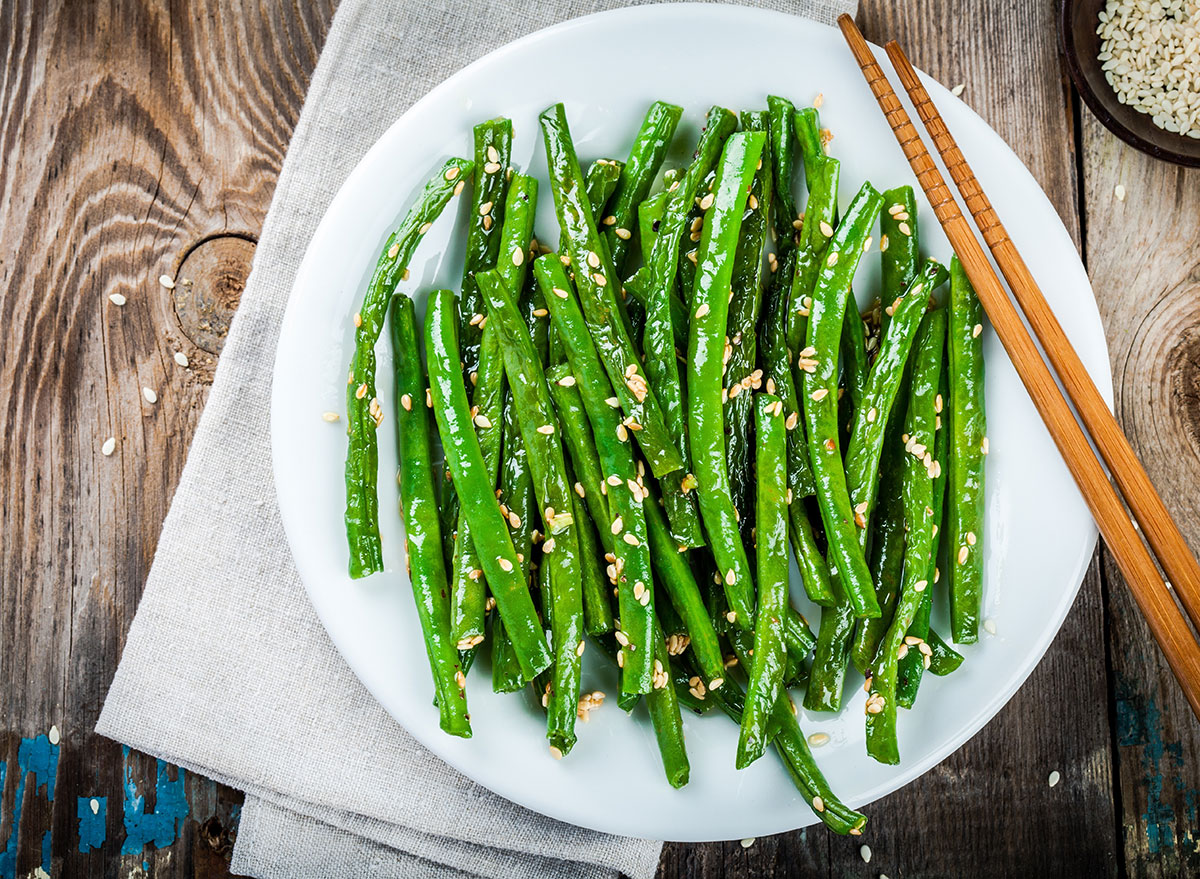
The beauty of the fiber found in green beans is that it consists of both soluble and insoluble fiber. The soluble fiber can offer a slew of health benefits, including helping lower LDL “bad” cholesterol. In fact, taking in 2-10 grams of soluble fiber per day is linked to significant decreases in both total cholesterol and LDL cholesterol.
You may have a reduced risk of birth defects if you are pregnant.
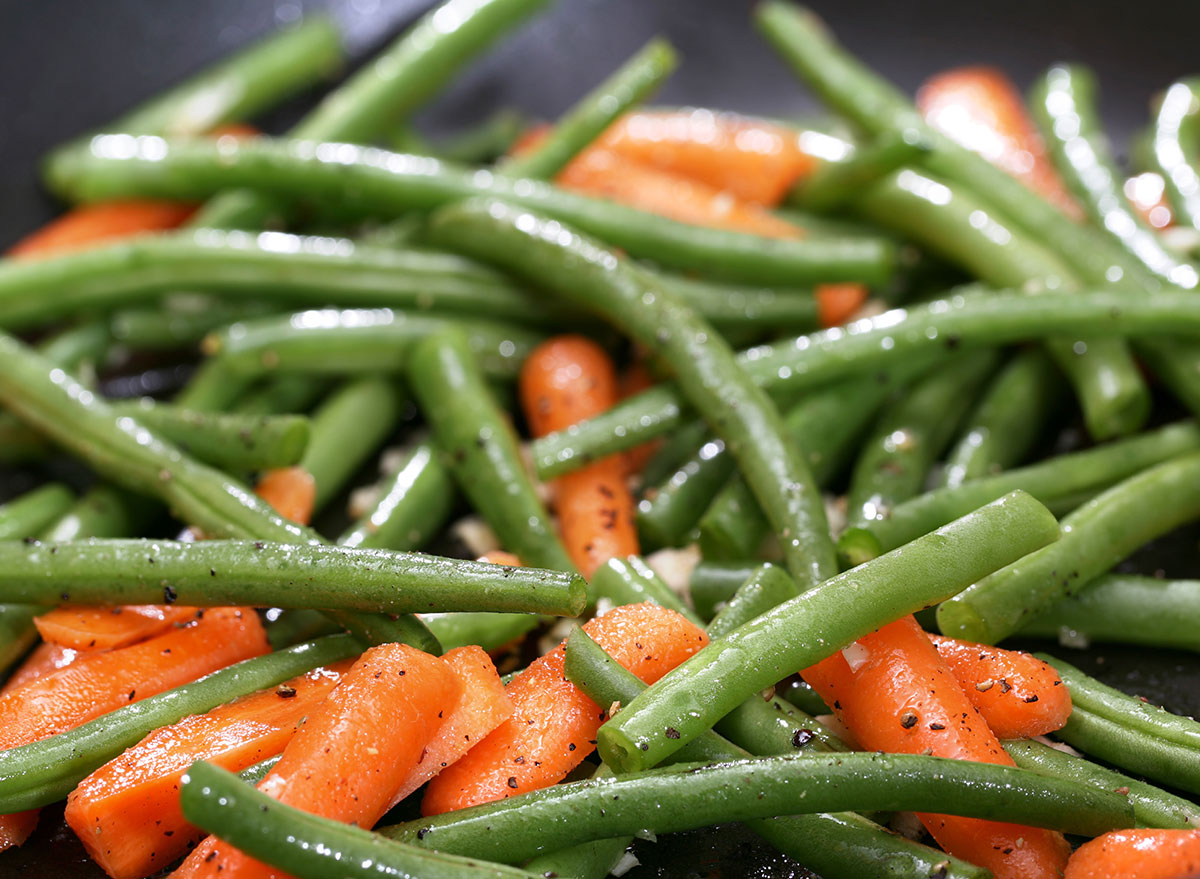
Folate is a key nutrient that can help reduce the risk of developing certain birth defects during pregnancy, including spina bifida. One cup of green beans contains 33 micrograms of folate, helping pregnant folks meet their needs in a delicious way.
You may have a healthy immune system.
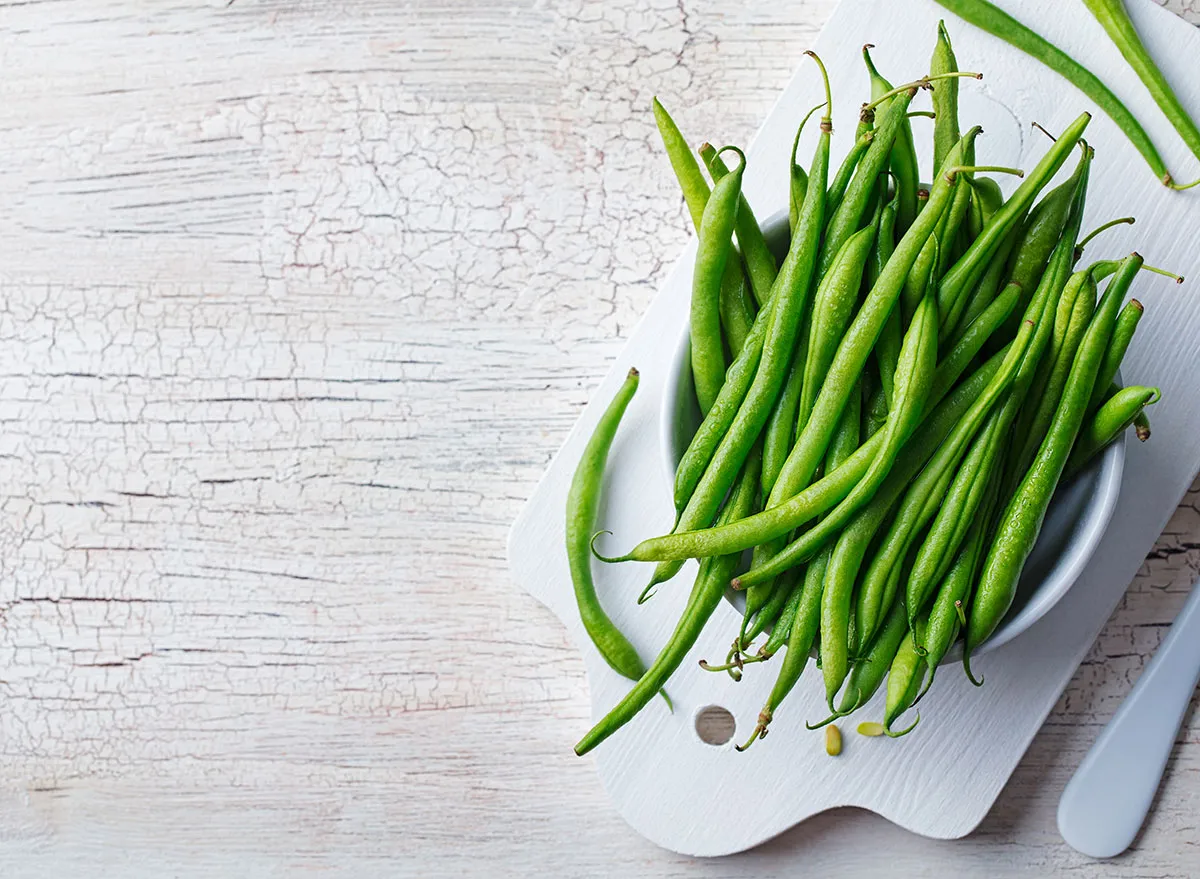
When thinking about immune-boosting foods, green beans may not be top of mind—but they should be! One cup of green beans contains vitamin C, zinc, vitamin A, and a slew of other immune-supporting nutrients.
READ MORE: The Worst Eating Habits That Weaken Immunity
You may experience reduced blood pressure.
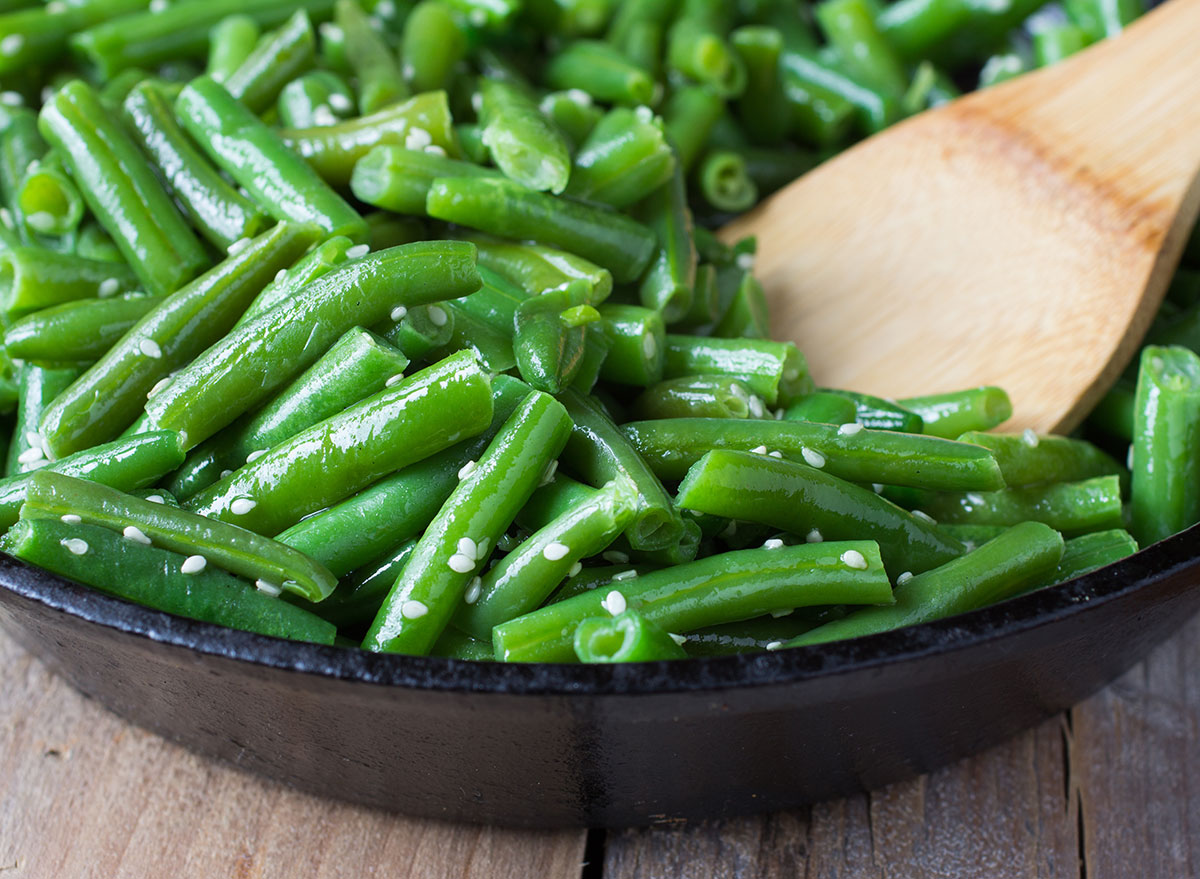
Green beans are not only a powerhouse when it comes to vitamins and minerals. These little veggies also contain a unique antioxidant called quercetin.
Not only does this antioxidant help combat oxidative stress in the body, but it can also help lower blood pressure in a natural way.
You may have a reduced risk of certain cancers.
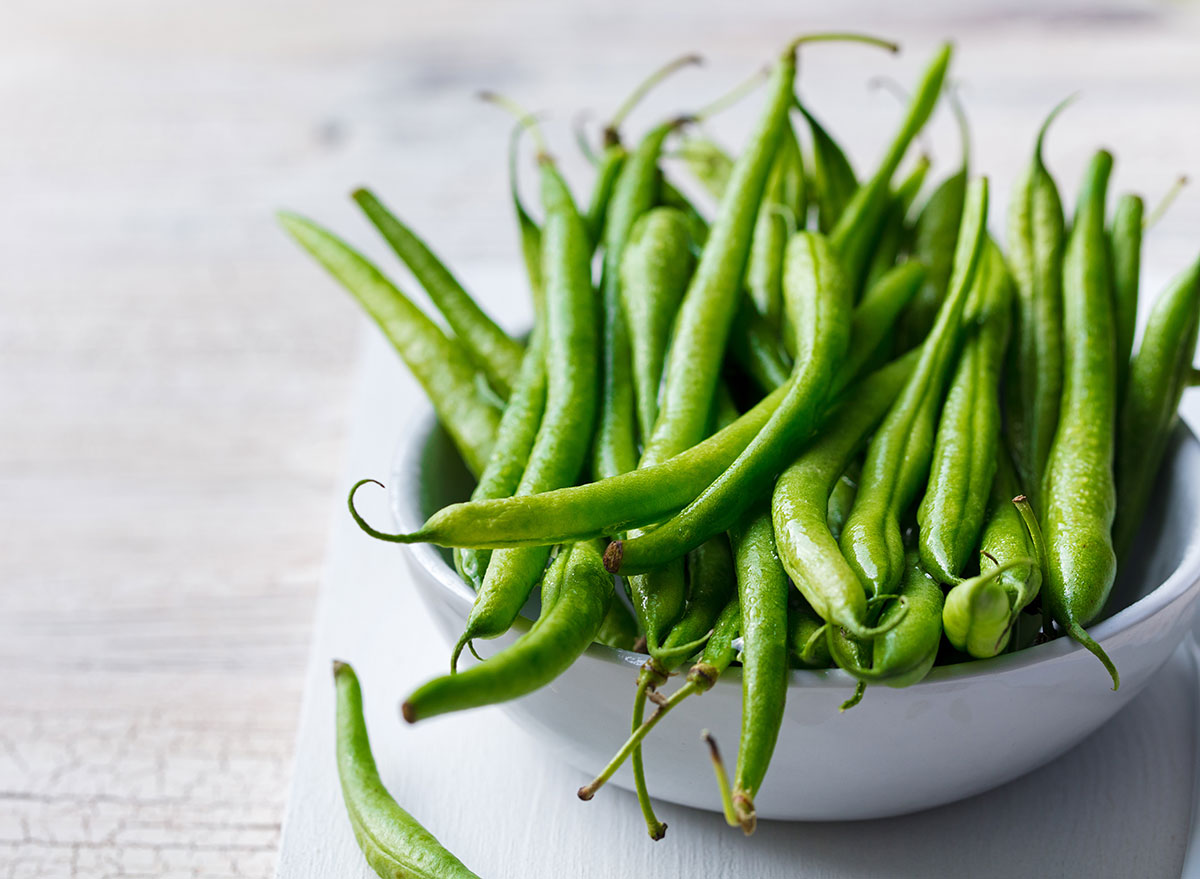
Another antioxidant that is found in the mighty green bean is Kaempferol, a flavonoid found in many fruits and veggies.
This antioxidant has been linked to effects like inhibiting cancer cell growth and defending the body against free radicals, which promote the development of cancer.
Read this next:
